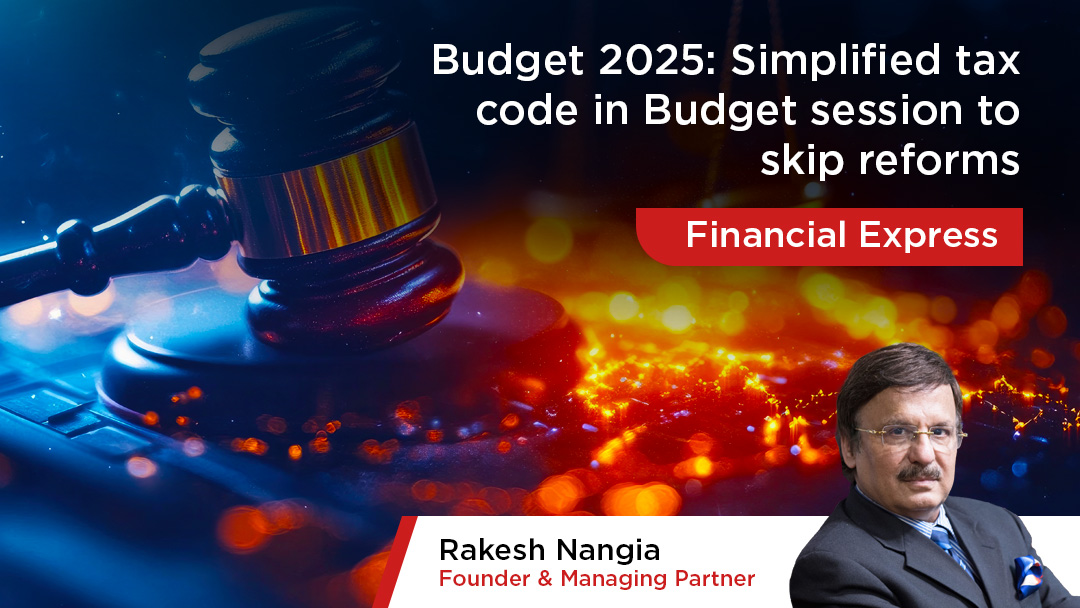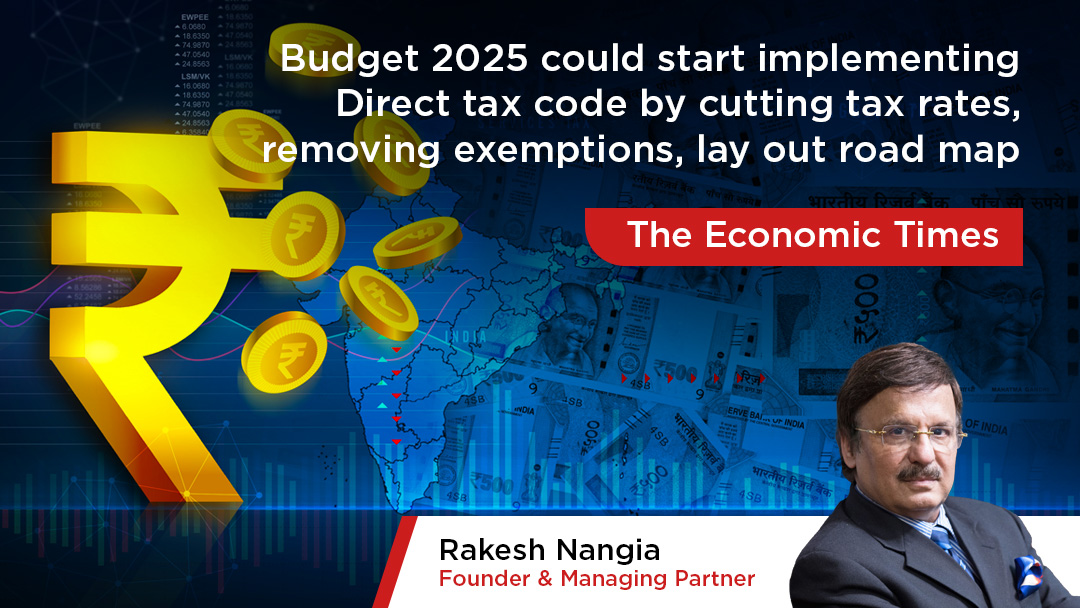Budget 2025: Simplified tax code in Budget session to skip reforms


The much-awaited revamped Income-Tax Act, which will be far simpler and more unambiguous than the current one, may be tabled in the Budget session of Parliament, with finance minister Nirmala Sitharaman piloting it in her Budget speech. The new law, however, is unlikely to be used as a vehicle for any major policy change, or tax reforms, sources said.
In the full Budget for FY25 presented in last July, Sitharaman stated that the purpose of the exercise to rewrite the I-T Act 1961, is “to make it concise, lucid, easy to read and understand… reduce disputes and litigation, provide tax certainty and bring down the (tax) demand embroiled in litigation”. It was announced to undertake a comprehensive review of the current law, and complete in six months.
This was the latest attempt by the government to thoroughly redraft the direct tax laws, which have become complex and unweidly, with nearly 3,000 amendments carried out over the years, and scores of court judgments.
However, there were uncertainties about whether the simplified draft law would be taken up in the upcoming Budget on February 1 due to a lack of time for adequate stakeholder consultation.
Sources told FE that the draft of the simplified income tax law is “ready”. It is being discussed within the government before presenting it to Parliament during the upcoming Budget session. “The redrafting is not about tax rates. It is just rewriting of the law in simple language and procedures,” an official said, requesting anonymity.
The current framework is burdened with multiple sub-sections, numerous provisos, explanations and intricate cross-references, making compliance challenging, particularly for individuals and small businesses. However, rewriting the Act alone may not fully address the underlying challenges, said Rakesh Nangia, founder & managing partner, Nangia & Co.
“While this measure is indispensable, redrafting alone is insufficient and must be complemented by alternative reforms,” Nangia said. Ultimately, it’s not what you draft but how you draft it should be paramount while laying down the new law, he added.
Publication – Financial Express
By Rakesh Nangia



